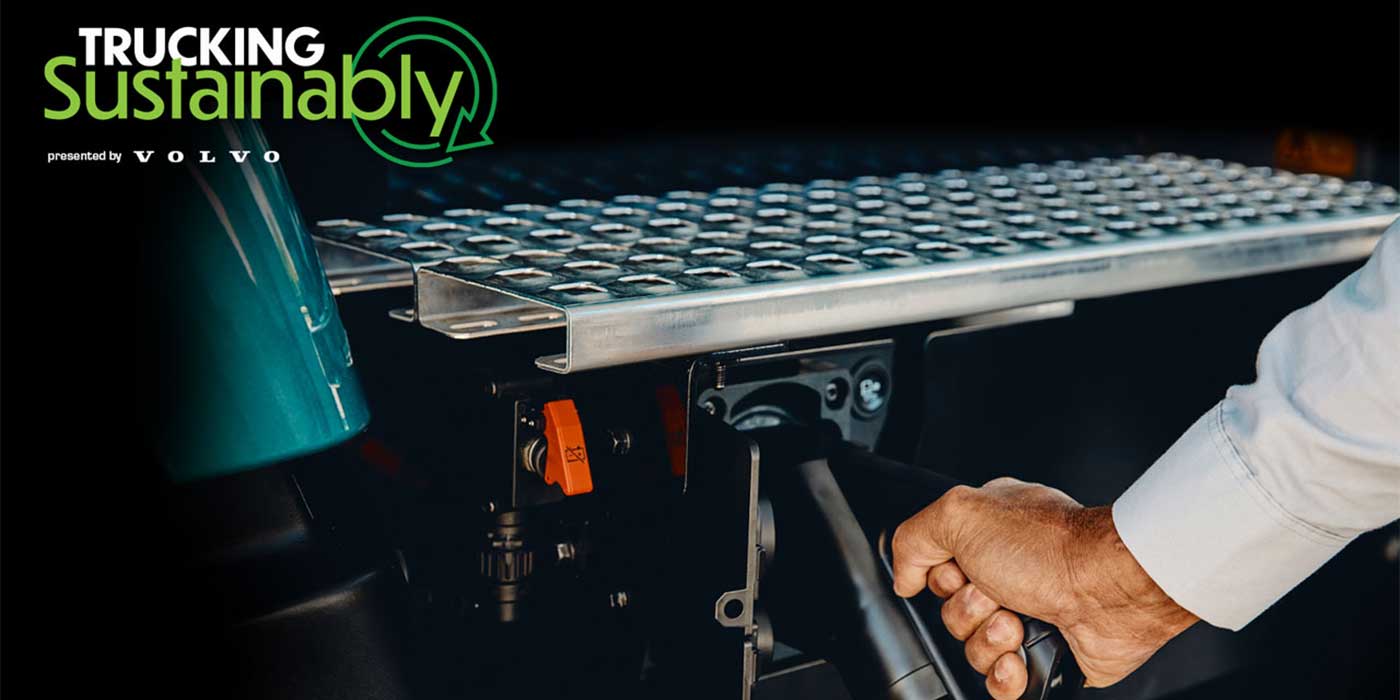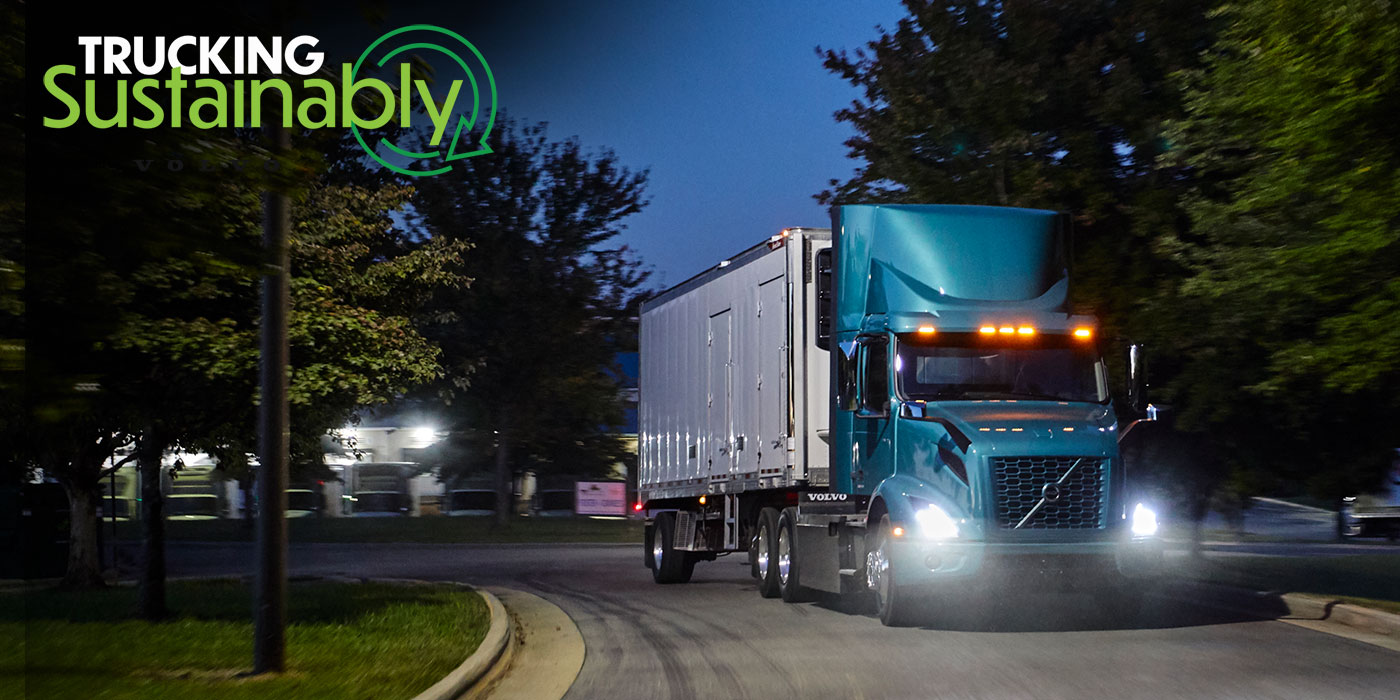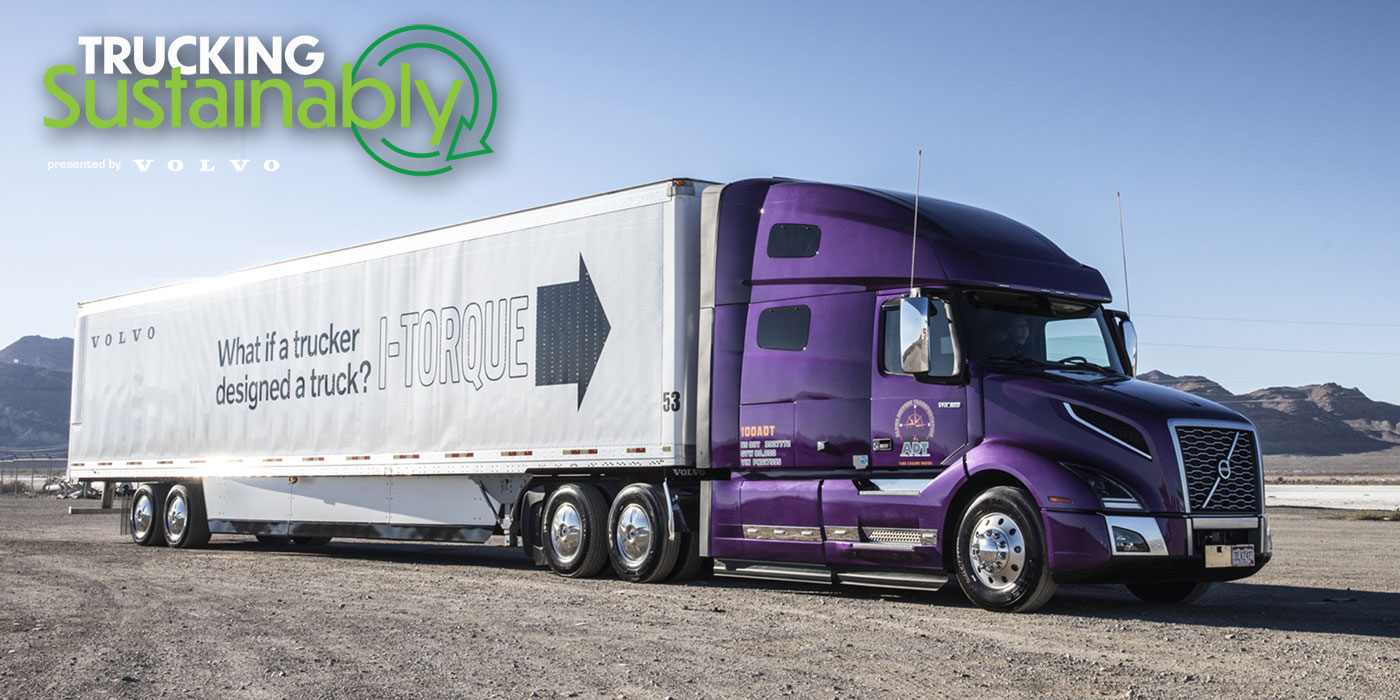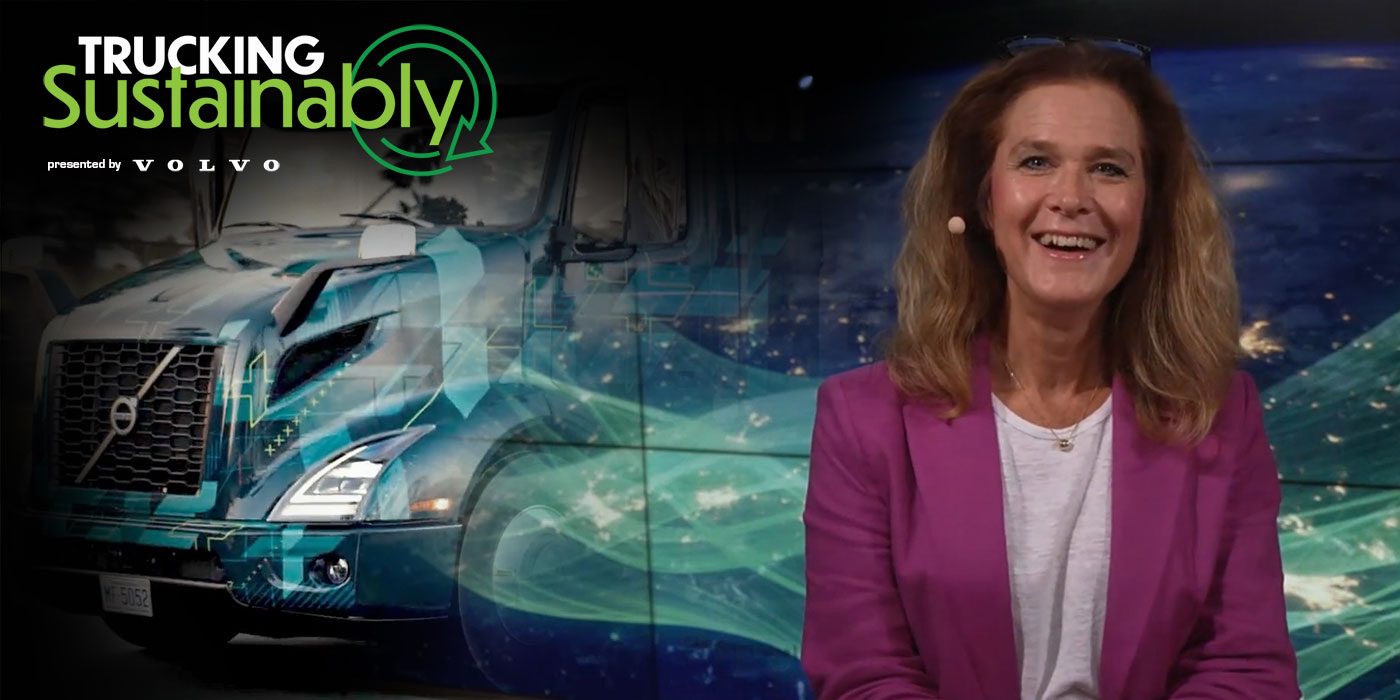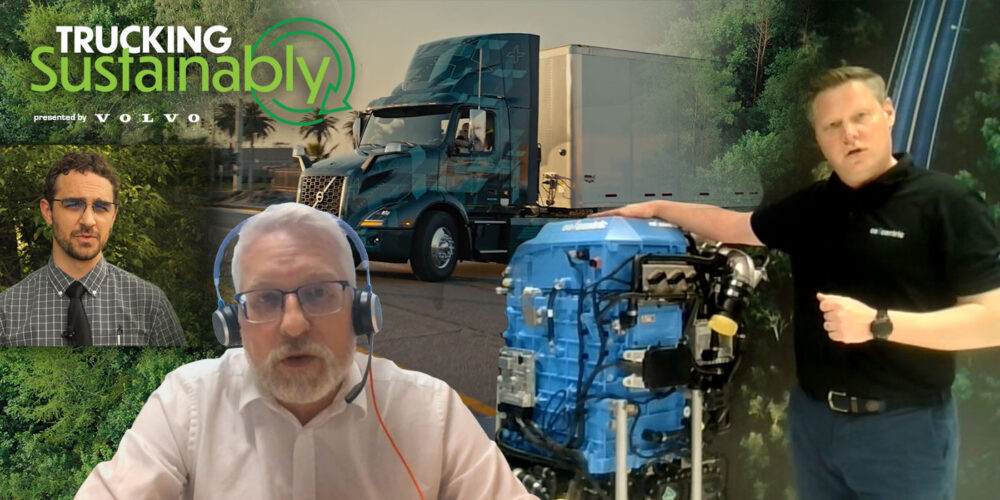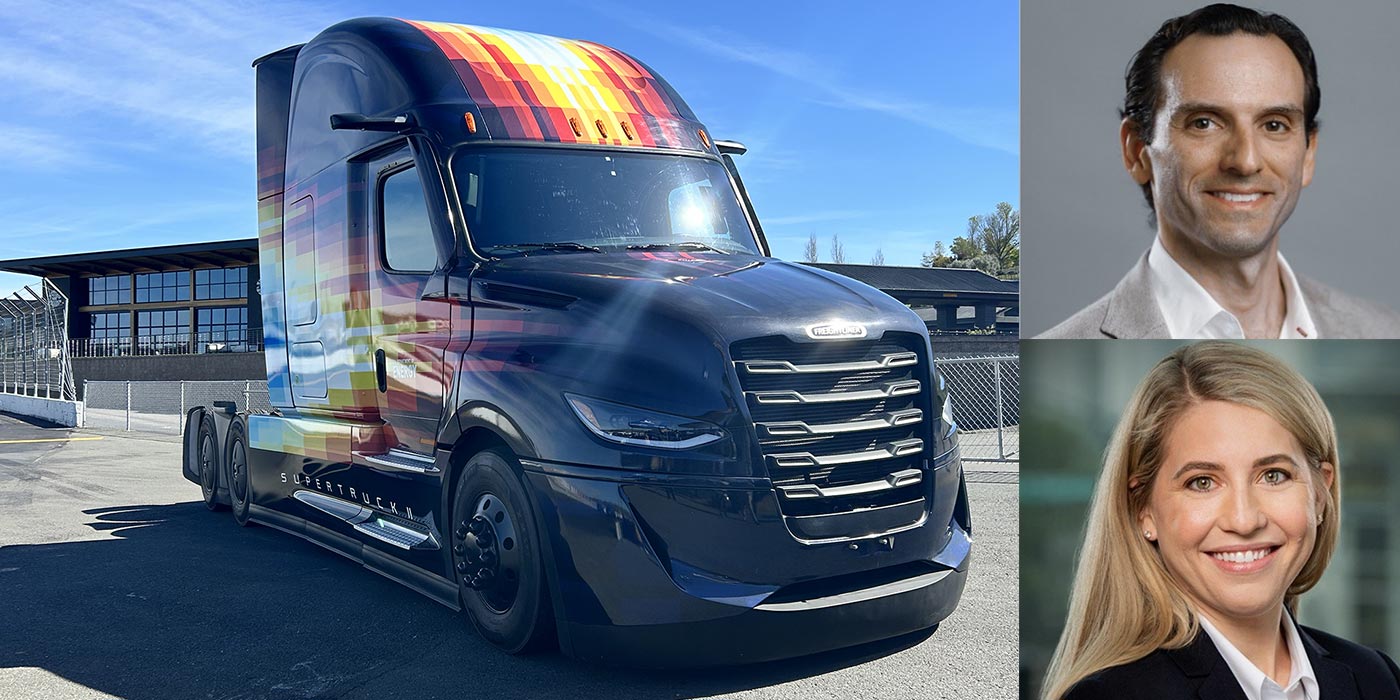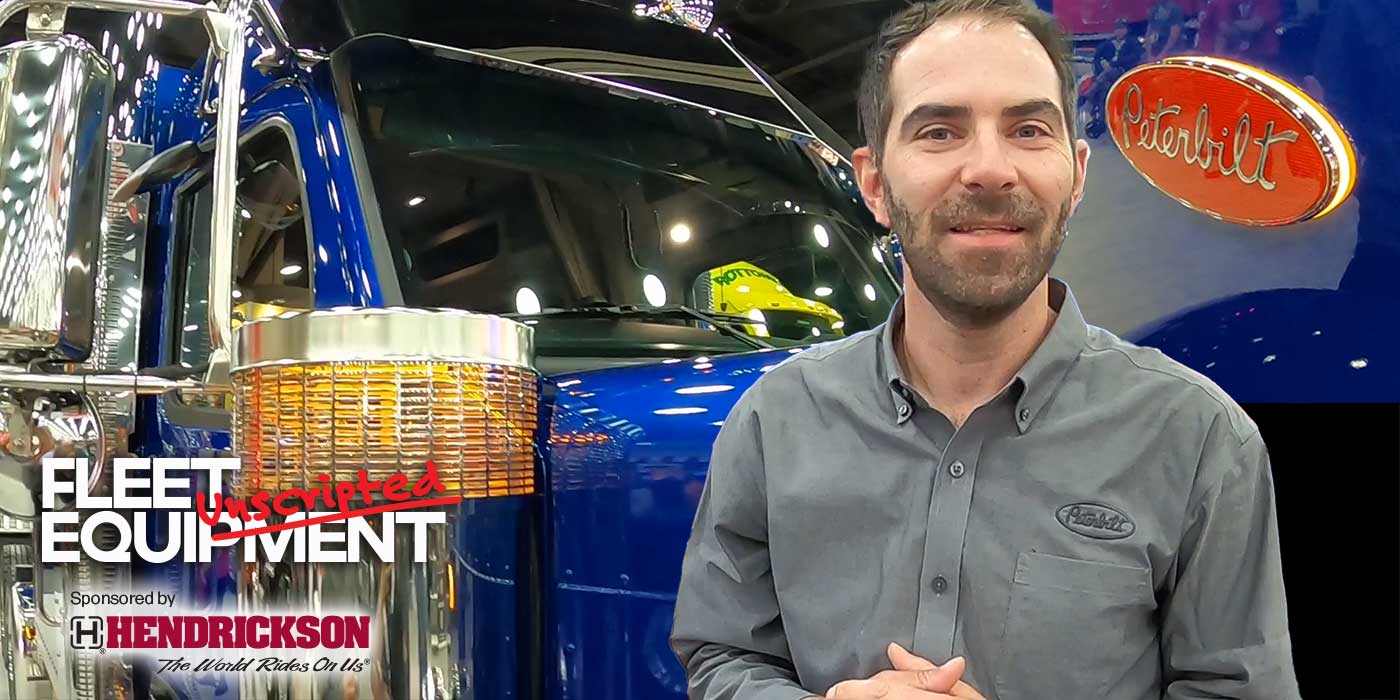Sustainability in the trucking industry isn’t just a destination—it’s a journey. For most fleets, that journey starts with taking smaller decarbonization steps within your diesel trucking equipment choices before adopting zero-emissions vehicles. The good news is that the new tractors that you add to your fleet give you a fuel efficiency boost that also puts out far fewer emissions than the truck you traded in. When adding brand-new trucks isn’t an option, there’s remanufacturing.
Remanufactured components range from engines and transmissions to coolant pumps and turbochargers that are meticulously restored using factory-specified technologies and processes. Core parts are inspected, cleaned with the latest techniques, and remanufactured to exact specifications, incorporating the latest engineering updates. The result is a genuine replacement part that boasts performance, reliability, and longevity, backed by comprehensive warranty coverage.
Consider engines. Volvo Trucks North America, for example, offers Basic Engines, remanufactured cylinder block, cylinder head, crankshaft, connecting rods, oil pump, and more, promising two years of unlimited miles of reliable service; 7/8 Engines, dyno-tested engines to meet stringent performance criteria that include two years and/or unlimited miles of service; and I-Shift transmissions built with Volvo parts and by Volvo-certified technicians.
Remanufacturing significantly reduces the environmental impact associated with manufacturing new parts by using up to 85% less material and consuming 80% less energy. By extending the life of existing components, remanufacturing supports a circular economy, minimizing waste and the carbon footprint associated with part production and disposal.
The video above will take you behind the scenes at a Volvo Trucks Remanufacturing facility.
Take even more steps toward greater sustainability
By catching up on the Trucking Sustainably series. Click below.

